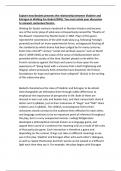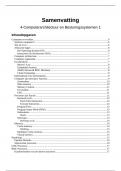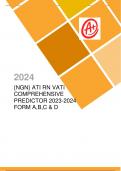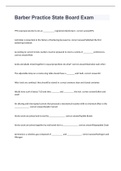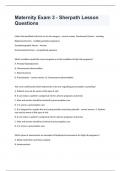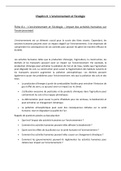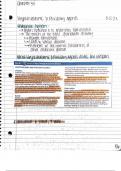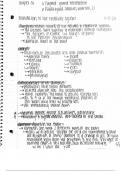Estragon in Waiting For Godot (WFG). You must relate your discussion
to relevant contextual factors.
Waiting for Godot marked a landmark in Western theatre and became
one of the iconic plays of what was retrospectively named the ‘Theatre of
the Absurd’ movement by Martin Esslin in 1965. Plays of this genre
rejected the conventions of the well-made play (e.g. following Freytag’s
pyramid) and built on more experimental forms, outrageously flouting all
the standards by which drama had been judged by for many centuries.
Esslin cites mid-20th century “social and spiritual reasons” such as World
War II (1939-1945) as the cause of the sense of disillusionment which
prevailed within society at the time. Beckett played a role within the
French resistance against the Nazis and seems to draw upon his own
experience of “being faced with a universe that is both frightening and
illogical, where previously held certainties have dissolved; the firmest
foundations for hope and optimism have collapsed” (Esslin) in the writing
of this subversive play.
Beckett characterises the roles of Vladimir and Estragon to be almost
interchangeable yet delineates them through subtle differences to
emphasise the importance of perspective in life. Both of them are
dressed in worn out suits and bowler hats, and their names both share 8
letters and 3 syllables, just as their nicknames of “Gogo” and “Didi” share
4 letters and 2 syllables. The childish, onomatopoeic feel to their
nicknames clearly conveys to the audience their affection for each other,
and language continues to be an important point of reference throughout
the play, but in a very unexpected manner. Ludwig Wittgenstein
developed a philosophical concept known as a language game, and
argued that a word or a sentence has meaning only as a result of the rules
of that particular game. Each interaction is therefore a game and
depending on the context, things can take on different meanings as we
see in this play. Vladimir and Estragon often echo each other’s dialogues,
as well as repeat themselves but their words can be viewed in a different
light each time they say it. For example, the plays begins with Estragon
, saying, “nothing to be done”; later on in Act 1, Vladimir varies this
expression slightly and says, “nothing we can do about it”. Whilst on
surface level these words appear to be very similar, they are in fact about
two completely different scenarios that accurately depict the difference
in personality of the characters that say them. Their generally gloomy and
pessimistic attitude towards life manifests itself in different ways:
Estragon tends to be concerned with the present, the material problems
that affect his life directly, whereas Vladimir fixates on the abstract and
philosophical. Similarly, whilst Estragon is complaining about his boots in
the above quotation, Vladimir is reflecting on how the predicament
they’re stuck in represents the general lack of control people have over
their own life. This example emphasises the importance of context in
deriving meaning.
Beckett brings into question the very function of language: traditionally,
dialogue is used to progress the plot forward, however the combination
of circular structure, non-linear time and repetitive dialogue leads to even
the meaningful conversations deteriorating into the absurd. This
disorienting effect is furthered by Beckett’s breaking of the fourth wall:
Vladimir and Estragon appear to be self-aware, and the sporadic meta-
theatrical elements throughout the play - such as when they sarcastically
reflect “on the charming evening (they’re) having” or the actor playing
Vladimir appears to forget his line and asks the audience “What was I
saying?” - allow the ideas discussed in the play to be extrapolated to
wider society at large. Therefore, not only is language no longer
presented as a vehicle for direct communication within the play, but it is
also used to make the audience aware of the numerous schemas that
society relies on (language being one of them) to make sense of the
world, and how easily we can descend into chaos in the absence of these
constructs.
Beckett presents the relationship between Vladimir and Estragon to be
symbiotic, yet dysfunctional, through the interactions between the two

